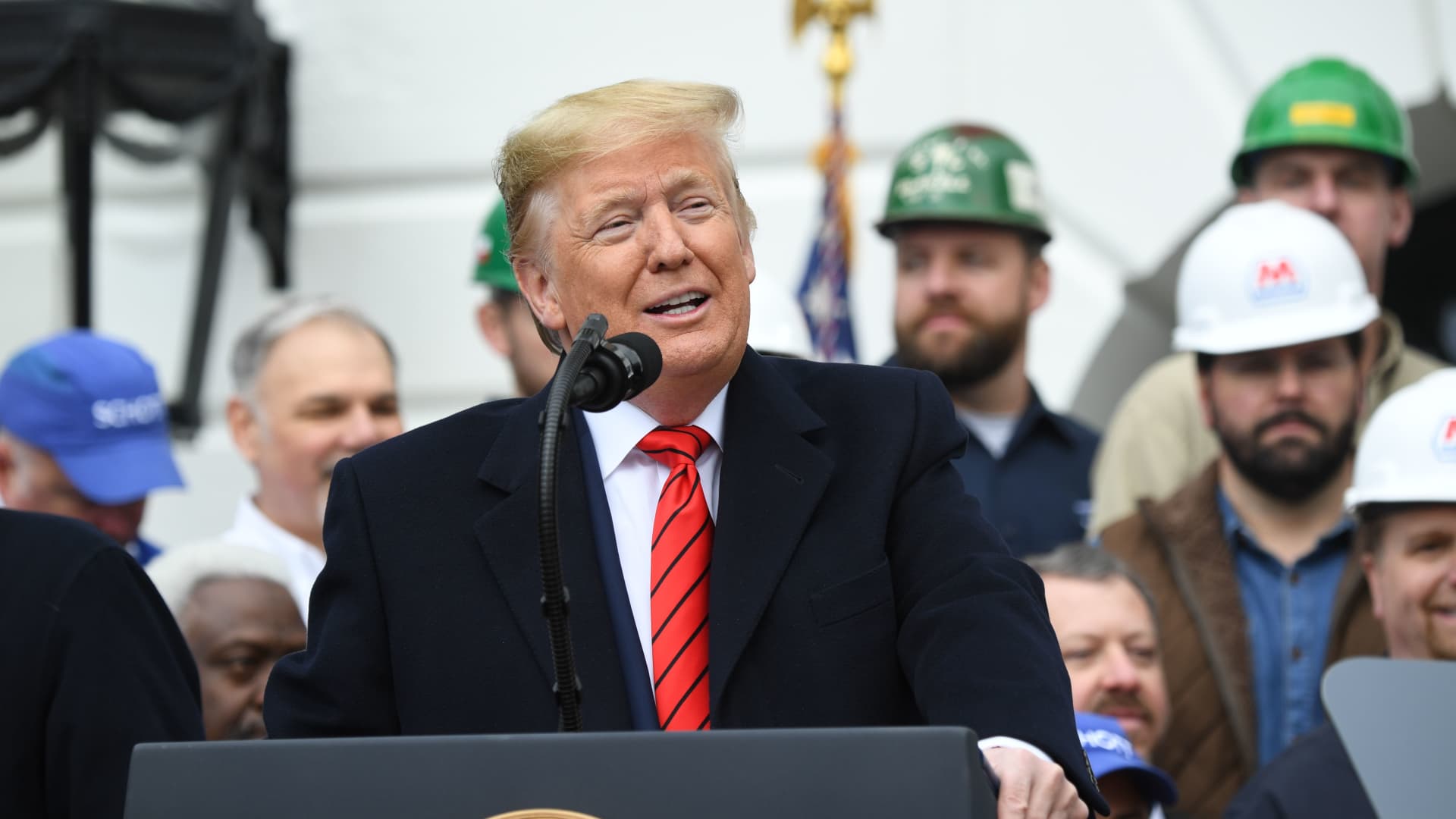The planning for potential Trump win, new China trade war and tariffs, has begun in the global supply chain

Global logistics companies are preparing for a potential Trump win in November and devising strategies to mitigate additional tariffs. Trump has threatened higher tariffs on Chinese goods if re-elected, and the trade war against China is expected to continue under Biden. The Trump administration imposed tariffs unilaterally, without Congressional approval, with current rates at 10-25%. Companies are considering diversifying away from China to avoid escalating tariffs.
Source: Link
FAQs about Planning for Potential Trump Win, New China Trade War, and Tariffs
Frequently Asked Questions
Q: What is happening with the global supply chain in anticipation of a potential Trump win?
A: According to logistics companies interviewed by CNBC, the global supply chain is already shifting to adjust for the potential outcome of a Donald Trump win in the presidential election. This is in response to the possibility of new tariffs on Chinese imports that Trump has suggested he might implement. (Source: CNBC)
Q: Has former President Donald Trump proposed specific tariff rates on Chinese goods?
A: Yes, Donald Trump has floated the idea of imposing "more than" 60% tariffs on Chinese imports. This signals a potential revival of the U.S.-China trade war if he were to win the election and follow through with these plans. (Source: CNBC)
Q: What was the China–United States trade war?
A: The China–United States trade war is an ongoing economic conflict that began in January 2018 during Donald Trump's presidency. It primarily revolves around the United States setting tariffs and other trade barriers on China to force changes in its trade practices and address intellectual property theft. (Source: Wikipedia)
Q: Why are logistics companies starting to plan for new tariffs now?
A: Logistics companies are proactively planning for new tariffs to minimize disruption to the global supply chain and adjust their strategies to maintain the flow of goods. Early planning helps these companies to stay agile and competitive in the face of possible changes in trade policies. (Source: MSN)
Q: What impact could new tariffs have on the global supply chain?
A: New tariffs could result in increased costs for imported goods, leading to changes in manufacturing and distribution strategies. Companies might seek alternative sources for materials or consider reshoring some production. The overall efficiency of global trade could also be affected. (Source: European Parliament)
Q: What measures are companies taking to prepare for potential tariffs?
A: Companies are likely to be diversifying their supplier base, considering stockpiling goods, investing in automation to reduce labor costs, and exploring new markets to reduce dependency on Chinese imports. (No specific source, but this answer combines general strategies that firms use to mitigate the impact of tariffs.)

